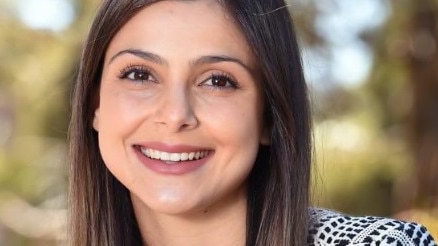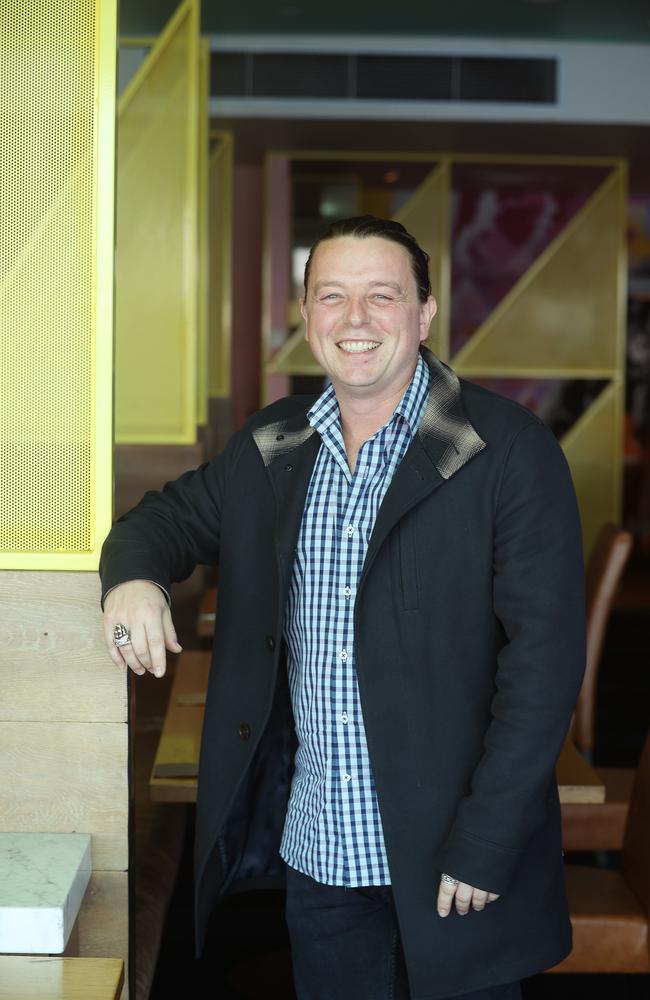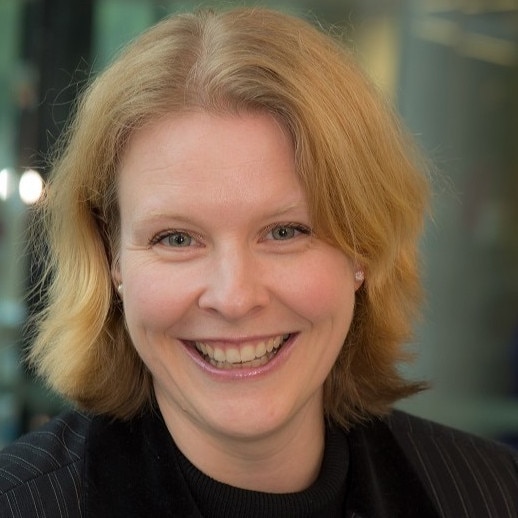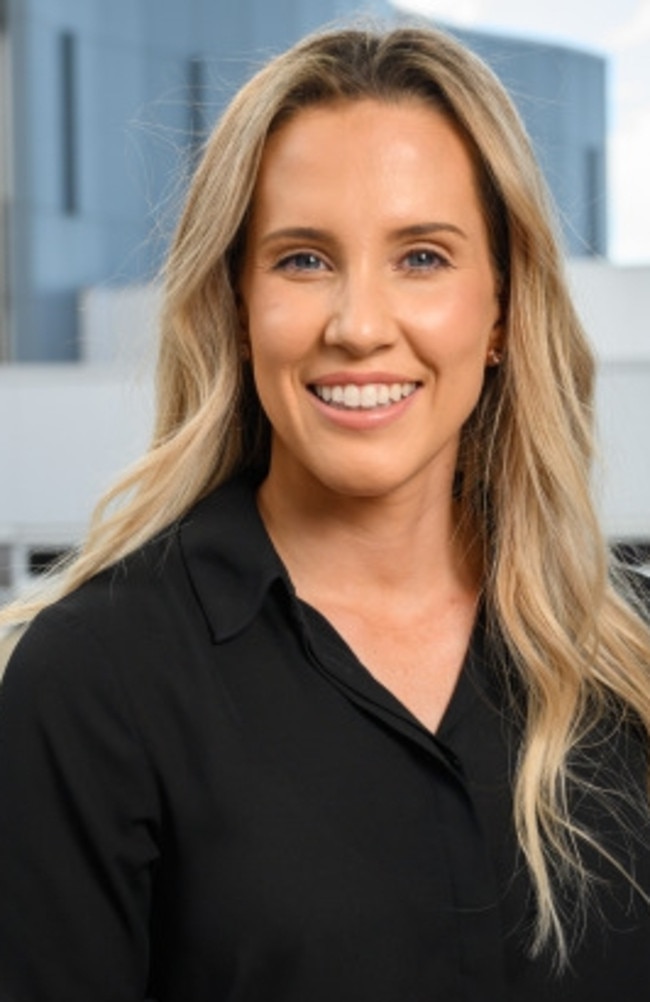Geelong’s worst dates: Women reveal nightmare experiences
From catching an STI in an “exclusive” relationship to a man pretending to be a widower, Geelong women are laying bare their horror dating stories. It comes as experts detail the pitfalls of modern dating.

Geelong
Don't miss out on the headlines from Geelong. Followed categories will be added to My News.
After her divorce, Samantha found someone new who she adored.
Six months into what she thought was an exclusive relationship, Samantha, which is not her real name, contracted a sexually transmitted disease from her partner.
Turns out he was seeing other women all along.
“It was the worst, most humiliating experience of my life,” she said.
Samantha’s nightmare is just one of many horror tales Geelong singles have shared about the rocky dating market in 2024.
Many say dating apps, social media and concerns around women’s safety make it increasingly difficult to find love.
And Covid may also be to blame.
Rowan Harbridge, who is behind Geelong Speed Dating, said finding love was tough.
His events include five-minute dates with up to 15 other people.
He said he had sold out almost all of his first five events, with up to 30 people attending each.
He said the rise of apps and social media during Covid meant people were increasingly struggling to interact in person.

“I think post-Covid people haven’t stretched their social muscles as much as they did in the past and people are much more anxious to meet people,” he said.
“On an app, anyone could be anyone but when you come and meet people at a hosted event you get a feel for what the person is really like.”
Mr Harbridge said he often received feedback that dating apps no longer worked.
“It’s a different life being single now than it ever was,” he said.
“It’s certainly more challenging than I remember and the fact I am successfully running a speed dating business in Geelong speaks to how people are feeling about it.
“There are challenges, in my experience, in using dating apps as people don’t show or make last-minute cancellations.”
Carrie has experienced how dating apps have allowed men to forget socially acceptable norms.
The Belmont woman, also using a pseudonym, was communicating with a man who cancelled plans to meet.
Turns out he had a girlfriend.
“I told (the girlfriend) he was on a dating app and I cut off contact,” she said.
Carrie said he told her he was on sating apps to see“what other options were out there”.
But telling lies via social media and dating apps is just one hurdle.
Safety is another.
Mr Harbridge said in his experience safety concerns were limiting people’s willingness to date again.
Carrie agrees.
She said to keep herself safe she always told someone where and what time she was going, took her phone and met new people in public places.
“If your intuition tells you something isn’t right then listen to it,” she said.
A Choosi Swipe Right Modern Dating Report from 2023 found 83 per cent of Australians surveyed who used dating apps felt someone they dated did not match their profile and 29 per cent had been stood up.
About 57 per cent found their date was married or already in a serious relationship.
Deakin University Associate Professor of criminology Mary Iliadis said women were consistently doing “safety work” to protect themselves.
“This includes informing people of their whereabouts, sharing phone location, and letting trusted ones know when they are ‘home safely’,” she said.
“A woman’s innate need to protect herself is driven by what society demands: that women are responsible for protecting themselves against potential harm, and if they do not take such measures, they risk being blamed.”
Dr Iliadis said well-occupied public spaces were often prioritised as an initial meet up location.
“An example of this is run clubs which have been rapidly rolled out around the country and identified as the new ‘dating app’,” she said.
“These groups, while often well intended, come at the risk of deterring some women from participating in them because of the possibility of unwanted attention, including stalking or harassment.”

Threats also happen on dating apps.
Deakin University’s Bianca Klettke, leading academic in cyberpsychology, particularly technology-facilitated sexual violence, said sharing nude images was a prominent element of dating, however, sharing of unwanted “nudes” happened often.
An Australian Institute of Criminology report found 72.3 per cent of respondents were subjected to at least one form of dating app facilitated sexual violence in the five years to 2022, including being sent unwanted images.
Dr Klettke said unpublished research revealed the number one thing young people were worried about online was receiving unwanted “nudes”, being pressured into sending them and having the images shared.
“We have to change the discourse about sending unwanted nudes, it’s ‘cyber-flashing’ and we don’t walk around flashing people so why do people think it is acceptable behaviour online,” she said.
“We need to normalise the discussion about consent.”

Queensland University of Technology postdoctoral research fellow Rosalie Gillett said women kept themselves safe when using dating apps by using strategies such as blocking contacts, reporting behaviour and using social media to verify a person’s identity.
“Women also go to great lengths to ensure their safety in physical settings with men they meet offline,” she said.
Samantha’s dating nightmare didn’t finish with catching an STI.
She was brave enough to re-enter the dating scene and started dating a man who claimed to be a widower — only to see him with his wife at a sporting event.
“In my online dating travels I’ve seen men I know are married and have completely secret lives away from their wives,” she said.
“It’s awful and I’m tired of this behaviour.
“It makes me feel anxious and on edge when dating someone new.”
And yet, she remains positive.
“I haven’t lost all hope yet,” she said.
More Coverage
Originally published as Geelong’s worst dates: Women reveal nightmare experiences




